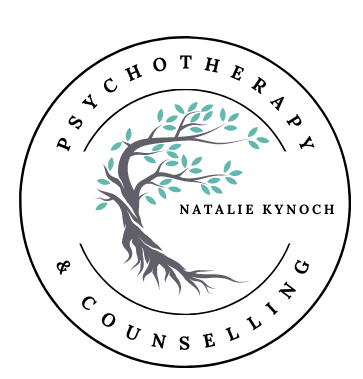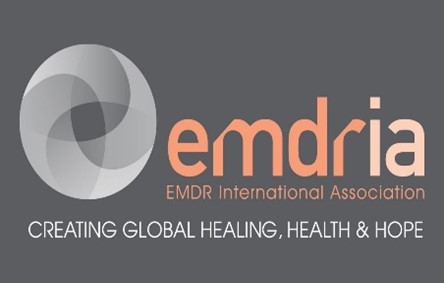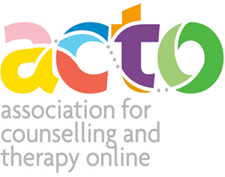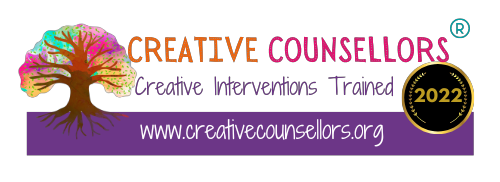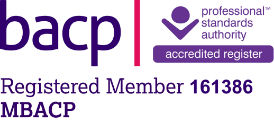What is Mindfulness?
Through modern day living and the ever-increasing demands It places on us, it is very easy to be caught up and consumed by these demands that we stop noticing what is going on directly inside and outside of ourselves in the present moment, we become lost in distractions. The maintenance of many mental health issues involves a reliance on distractions. When this happens, we lose touch with our body and can become obsessed with negative thoughts, something that has happened or by worrying about the future. This can lead to us feeling anxious, which in turn then affects our mental health.
An important part of mindfulness is reconnecting with our bodies and the sensations that we are experiencing. We do this by carefully attending to what all our senses are communicating to us in the present moment, by just noticing without judgement, being curious and observing ourselves from a compassionate mind set. Reconnecting to our external environment with present moment awareness this has the ability to calm our bodies system and help us to feel safe, grounded and connected. It has been clinically proven that mindfulness helps various conditions, including:
- Stress
- Anxiety
- Depression
- Pain insomnia
- Pain
- Reduce burnout
I incorporate mindfulness into all my work. than just focusing on the content of a person’s narrative, thoughts and internal experiences. I encourage a person to become more aware of the context, processes and how they relate to internal experiences, noticing their thoughts, urges, feelings and sensations. I have often found that clients can have a disconnect, whilst they are fully aware of perhaps their over thinking which fuels their low mood, anxiety and panic they are not aware of how they feel, or what they are noticing in their bodies as this can feel overwhelming especially in the case of panic attacks. Through mindfulness they learn to better tolerate distress and are more able to feel emotionally regulated and grounded. I incorporate mindfulness though creative counselling (expressive arts), EMDR, and CBT (dialectical behavioural skills training)
